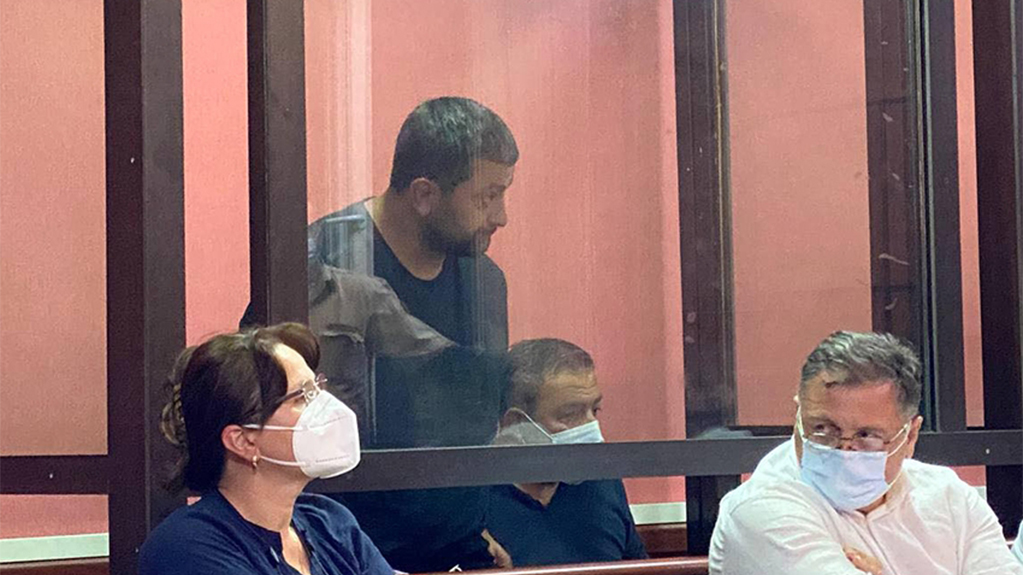Online publication Georgian News, with the support of the Young Lawyer’s Association, appealed to the Constitutional Court the norm of the Law on General Courts, which bans internet media from taking photos and videos of court proceedings, thereby putting it in a discriminatory position in relation to television stations.
News
By the law On General Courts, only the Public Broadcaster is authorized to carry out unlimited photo, video, and audio recording of court proceedings. The Public Broadcaster is obliged to hand over the filmed material to other media upon request.
In case the Public Broadcaster does not use their exclusive right to film, the law grants the right to film the court session to another television broadcaster. If several TV stations are requesting to film the session, the judge will select which to authorize by lot. Like Public Broadcaster, private TV stations are also obliged to share the filmed material with other media.
Clause 2 of Article 17 of the Constitution of Georgia grants every person the ‘’right to freely receive and distribute information.’’
And Clause 1 of Article 11 of the Constitution states that ‘’all people are equal before the law.’’ Discrimination on the basis of race, skin color, sex, origin, ethnic affiliation, language, religion, political or other views, social stance, property or rank, place of residence, or any other characteristic is prohibited,’’
Georgian News disputes the discriminatory bans imposed on internet media by the Law on General Courts on the basis of these articles of the Constitution.
According to Gela Mtivlishvili, the editor of Georgian News, they have been refused photo and video recording in various courts over the years precisely for the reason that the publication is not a common broadcaster (television or radio).
The controversial norms prohibit the internet media from taking photos and videos in the court even when neither the public broadcaster nor any other TV station is present at the session. The plaintiff considers this prohibition a limitation of the right to obtain information.
Gela Mtivlishvili explains that the purpose of this lawsuit is not to deprive the Public Broadcaster, a TV station funded by the taxes of Georgian citizens, of the preferential right to film the proceedings. Likewise, this lawsuit does not challenge the ability of free-to-air broadcasters to film the proceedings.
‘’The problem for the internet media arises when the Public Broadcaster or general broadcaster does not or stops filming before the end of the session. In such a case, the internet media is deprived of the opportunity to distribute footage of the trial.
The Internet media representatives cannot force the employees of the Public Broadcaster or other stations to cover the process to the end.
The aim of the Public Broadcaster or other television stations is to prepare several minutes of material about the court session for a one-hour news broadcast. For this purpose, they use brief comments of the parties or the court. Considering this, it is not in the interest of television broadcasters to attend the court session from the beginning to the end and film the entire process.
Internet media is interested in preparing more detailed and in-depth, analytical reports or investigative films regarding court proceedings. For this, they need access to the video/audio materials of a session,’’ the lawsuit states.
The interests of Georgian News are represented by a lawyer of the Young Lawyer’s Association and head of the constitutional litigation team, Giorgi Gotsiridze.
Georgian News has filed another lawsuit in the Constitutional Court with the help of the same organization. The claimant argues that the controversial norms in the Georgian Election Code subject Internet media to the control of the National Communications Regulatory Commission in such a way that the latter is given a legislative mandate to draw up a protocol of administrative offenses against the print and Internet media in the conditions when the National Communications Regulatory Commission only has the licensing and control over broadcast media. The case was considered by the plenary session of the Constitutional Court and the decision has not yet been made.















